detail profile tetsu tsuboi
Peran Yang Di Mainkan Tetsu Tsuboi
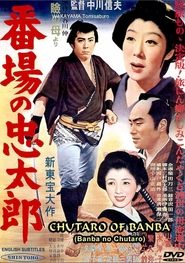 Based on the play Mabuta no...
Based on the play Mabuta no...Chutaro of Banba 1955
Based on the play ”Mabuta no haha” by famed author Shin Hasegawa, this is the first major starring role for Tomisaburo Wakayama. This heartfelt story concerns a wandering gambler from Banba by the name of Chutaro. Set during the Tenpo Period, Chutaro runs afoul of Boss Sukegoro of Iioka. Pursued by vengeance seeking swordsmen, Chutaro displays his phenomenal martial art skills. Abandoned as a child, he seeks to find his long lost mother, while at the same time fighting off numerous attacks by Iioka’s men.
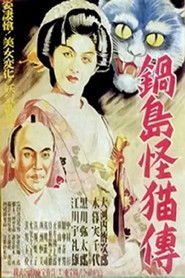 Tanuma Kandayuu is a high class...
Tanuma Kandayuu is a high class...Ghost Cat of Nabeshima 1949
Tanuma Kandayuu is a high class samurai of the house of Nabeshima. He finds a lavish board of Go (a Chinese Board game) at Kinbei's store. He recommend Kinbei to offer it to his lord. Kinbei hesitates at first, since he knows the board has a mysterious legend surrounding it; it's believed that for every game played on the board, one death is required.
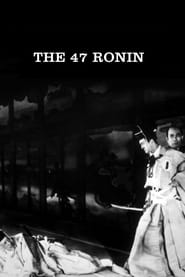 In 1701 Lord Takuminokami Asano has a...
In 1701 Lord Takuminokami Asano has a...The 47 Ronin 1941
In 1701, Lord Takuminokami Asano has a feud with Lord Kira and he tries to kill Kira in the corridors of the Shogun's palace. The Shogun sentences Lord Asano to commit suppuku and deprives the palace and lands from his clan, but does not punish Lord Kira. Lord Asano's vassals leave the land and his samurais become ronin and want to seek revenge against the dishonor of their Lord. But their leader Kuranosuke Oishi asks the Shogun to restore the Asano clan with his brother Daigaku Asano. One year later, the Shogun refuses his request and Oishi and forty-six ronin revenge their Lord.
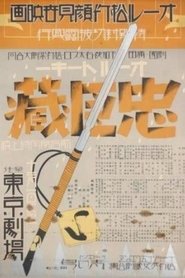 This 1932 adaptation is the earliest sound...
This 1932 adaptation is the earliest sound...The Loyal 47 Ronin 1932
This 1932 adaptation is the earliest sound version of the ever-popular and much-filmed Chushingura story of the loyal 47 retainers who avenged their feudal lord after he was obliged to commit hara-kiri due to the machinations of a villainous courtier. As the first sound version of the classic narrative, the film was something of an event, and employed a stellar cast, who give a roster of memorable performances. Director Teinosuke Kinugasa was primarily a specialist in jidai-geki (period films), such as the internationally celebrated Gate of Hell (Jigokumon, 1953), and although he is now most famous as the maker of the avant-garde silent films A Page of Madness (Kurutta ichipeji, 1926) and Crossroads (Jujiro, 1928), Chushingura is in fact more typical of his output than those experimental works. The film ranked third in that year’s Kinema Junpo critics’ poll, and Joseph Anderson and Donald Richie noted that 'not only the sound but the quick cutting was admired by many critics.

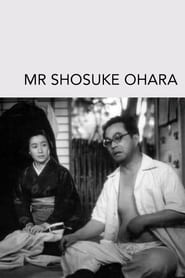 Saheita the final heir of a...
Saheita the final heir of a...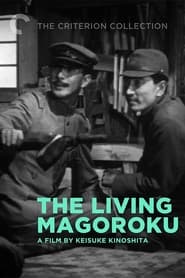 A wealthy family will not allow...
A wealthy family will not allow...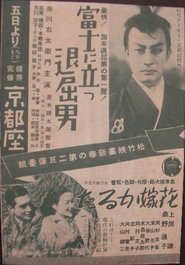 Bored Hatamoto film 8
Bored Hatamoto film 8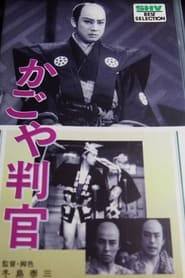 Two cowardly palanquin carriers know the...
Two cowardly palanquin carriers know the...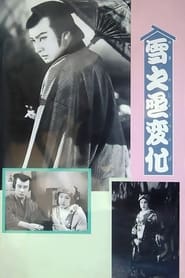 An onnagata female impersonator of a...
An onnagata female impersonator of a...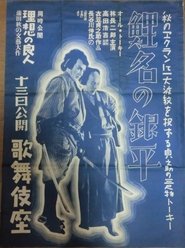 The first half of the movie...
The first half of the movie...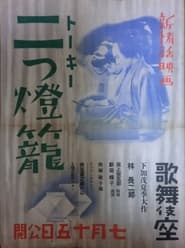 A mournful masterpiece by Kinugasa Teinosuke
A mournful masterpiece by Kinugasa Teinosuke A man takes a job at...
A man takes a job at...